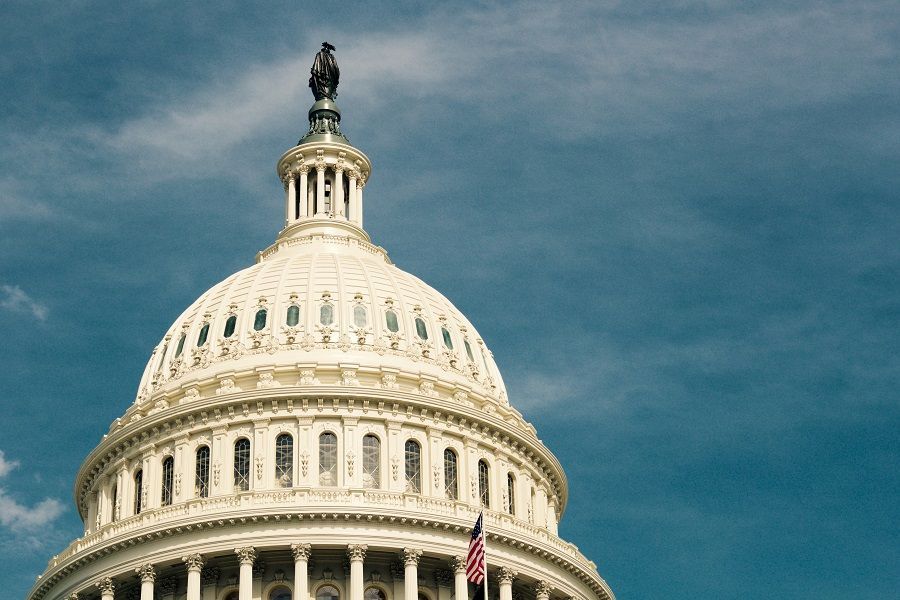Biden’s DOL Issues New Rule Making It More Difficult for Businesses to Classify Individuals as Independent Contractors for Wage and Hour Law Purposes

The Department of Labor, “DOL,” yesterday (1/9/24) issued a new Rule which will make it more difficult for businesses to classify individuals as Independent Contractors, “IC,” under federal wage and hour law. The new Rule specifically rescinded a Rule that had been in place since 2021, which made it easier for businesses to classify individuals as IC.
1. What Is The New Rule?
The new Rule will utilize a “totality of the circumstances” analysis to determine whether an individual is an employee or IC. The six factors set forth in the new Rule are:
- The worker’s opportunity for profit or loss depending on managerial skill;
- The relative amount of investment made by the worker in comparison to investments made by the potential employer;
- The permanency of the worker’s relationship with the potential employer;
- The nature and degree of the potential employer’s control;
- The extent to which the work performed is an integral part of the potential employer’s business; and
- Whether the worker uses specialized skills indicative of business-like initiative.
The new Rule also states that none of the above factors should be given weight over another, and that additional factors may also be considered if they are relevant to the overall question of economic dependence. The DOL has stated that additional guidance will be forthcoming.
2. What Is The Likely Impact of the Rule?
Businesses that utilize IC could face liability for unpaid wages (minimum wage and overtime) if an individual classified as an IC is determined to in fact be an employee, which is more likely under the new Rule. Such liability could include: liquidated damages (double backpay); civil money penalties; and attorney fees. This potential liability would of course be increased if an employer utilizes large numbers of IC, which could involve class or collective action lawsuits.
3. What Should An Employer Do?
The Rule takes effect March 11. Employers should do an audit of any IC that it currently uses to attempt to determine how the individual(s) would be classified under the new Rule, and make any necessary classification changes.
The new Rule will likely face legal challenges, but Employers can’t rely on that, and should make any necessary changes to comply.
AHEAD can assist in navigating this new potential minefield. We will provide more information as it becomes available. Feel free to contact us with questions.
Recent Posts








